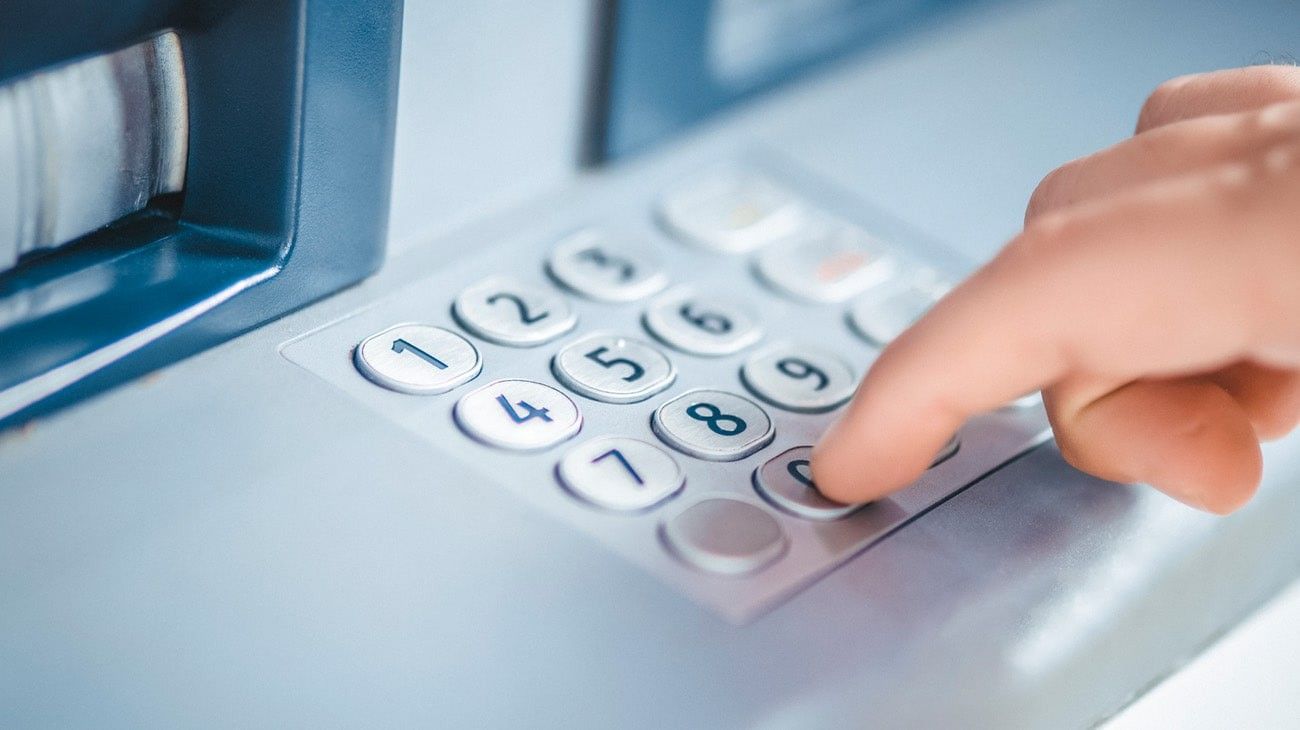
As a new business owner, you’ll find that wearing many different hats to manage many different aspects of your business can get hectic. A lot of factors can get overlooked, and during the hustle of keeping everything afloat, you might commingle your personal and business finances. However, doing so can cause a domino effect of unwanted consequences – situations you wouldn’t want to happen especially when your business’ profitability gains traction. Moreover, using a personal account to handle all personal and business transactions can cause a lot of confusion during tax time when you must separate out business transactions to be captured in separate books for the tax preparer. It’s good practice to establish the common base structure of keeping business and personal finances separate in order to avoid hitting roadblocks along the way. Below are a few key reasons as to why.
Setting up a business account will make you more professional and more established to suppliers and customers. It gives you an opportunity to introduce your business name to your market, gain exposure to the parties you want your business to be involved with, and generally can promote potential growth. Integrity is lost when a client has to make a payment to your personal account for a product or service your business has rendered.
You will eventually be able to build business credit. When all your business activities are in one place, it’s easy to see what your business’ net profit is – whether it’s increasing or decreasing. Once credit lenders see that your business’ net profitability is at a steady or growing pace, you’ll be able to receive business credit, which can promote growth.
You can protect yourself against personal liability when separating business and personal finances. This will make recordkeeping more complex, as you may overstate some liabilities or expenses because your personal items are mixed in with business, or vice versa. Moreover, if you ever need to open another personal credit line, then you definitely want to make sure all your business finances are in a whole separate bucket from your personal.
It becomes easier when it’s tax preparation time, and tax preparers need to know the separation between business and personal items so that they can prepare each as separate returns. When your business expenses are all mixed with personal, it can get cumbersome for you or for your hired bookkeeper to separate business and personal expenses before tax preparation. The tax preparer might also revert back to you or your bookkeeper with more questions regarding specific business items that may look irregularly overstated – thus the whole process of tax preparation becomes longer than expected.
You gain clarity through accurate financial reporting of your business activities. The ability for you to run budget analysis and plan for future ventures becomes easier when all business-related activities are organized in one set place. You can coordinate with investors and shareholders on future ventures that your company can take on based on accurate financial reports of your business. This can also help develop discipline in preventing you from shouldering business shortages by using your own personal funds.
It is important that you, as a promising small business owner, establish separation between your business and personal finances at the beginning stages of developing your business. Separating your business finances allows you to take a step back and review the overall financial health of your company. You’ll be able to review accurate reports and can make informed decisions on budget goals or plan out future roadmaps for the betterment of your business and its stakeholders. This is an important groundwork to implement at the earliest stage – a solid business platform promotes future success.
